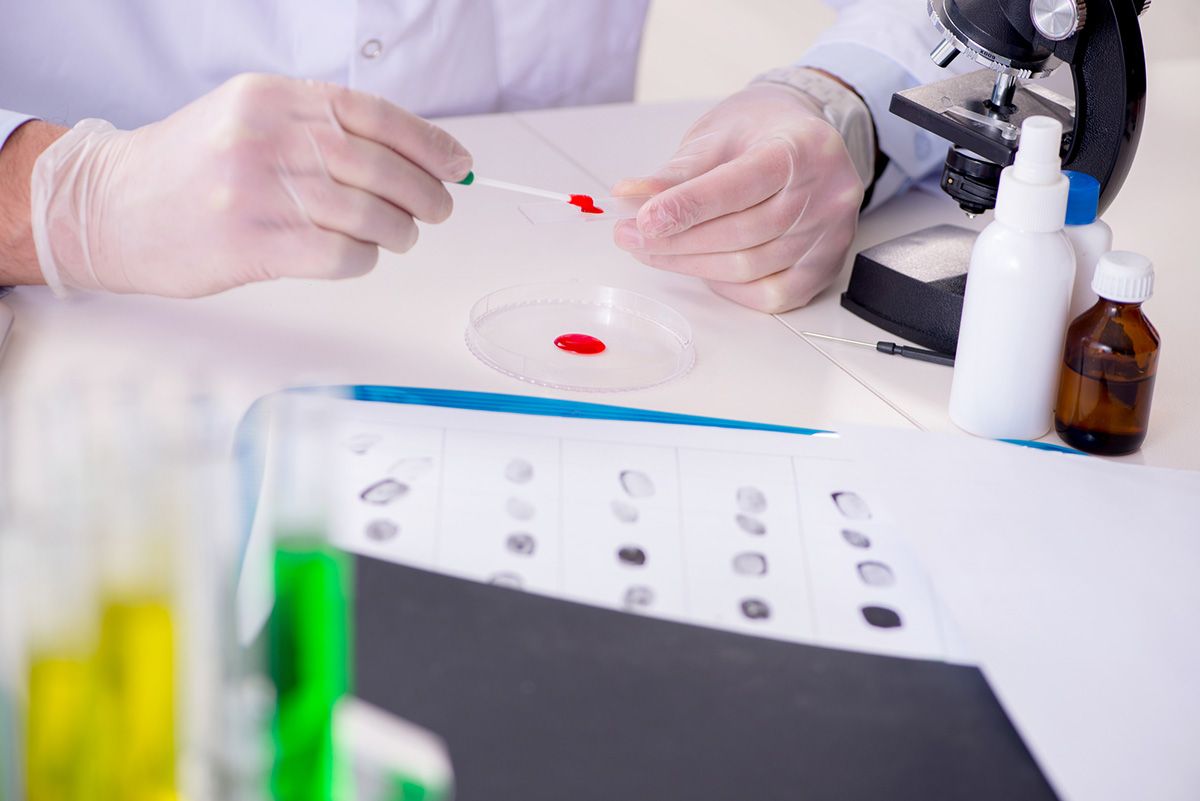What is Forensic Toxicology?
Forensic toxicology is the study of drugs (including alcohol), and poisons and their adverse effects on the human body and the interpretation of these results for legal purposes. The main areas of forensic toxicology are antemortem (samples collected from a living person) and postmortem (samples collected from a deceased)
Antemortem samples could include breath alcohol analysis, oral fluid, blood and/or urine from suspected impaired drivers. The detection of alcohol or other drugs could indicate that the driver was impaired at the time of a motor vehicle collision or at the workplace.
Postmortem samples such as femoral blood, urine, and vitreous humor could be collected from a homicide victim, or someone who died accidentally due to falls, drownings, or fires to determine if the drug affected behavior of the individual around the time of death. It can also determine if the victim was fatally poisoned by the drug.

Forensic toxicology provides factual data on the influence of toxic substances on a person’s behaviour and contributes to a narrative needed by the judicial system to make appropriate decisions.



